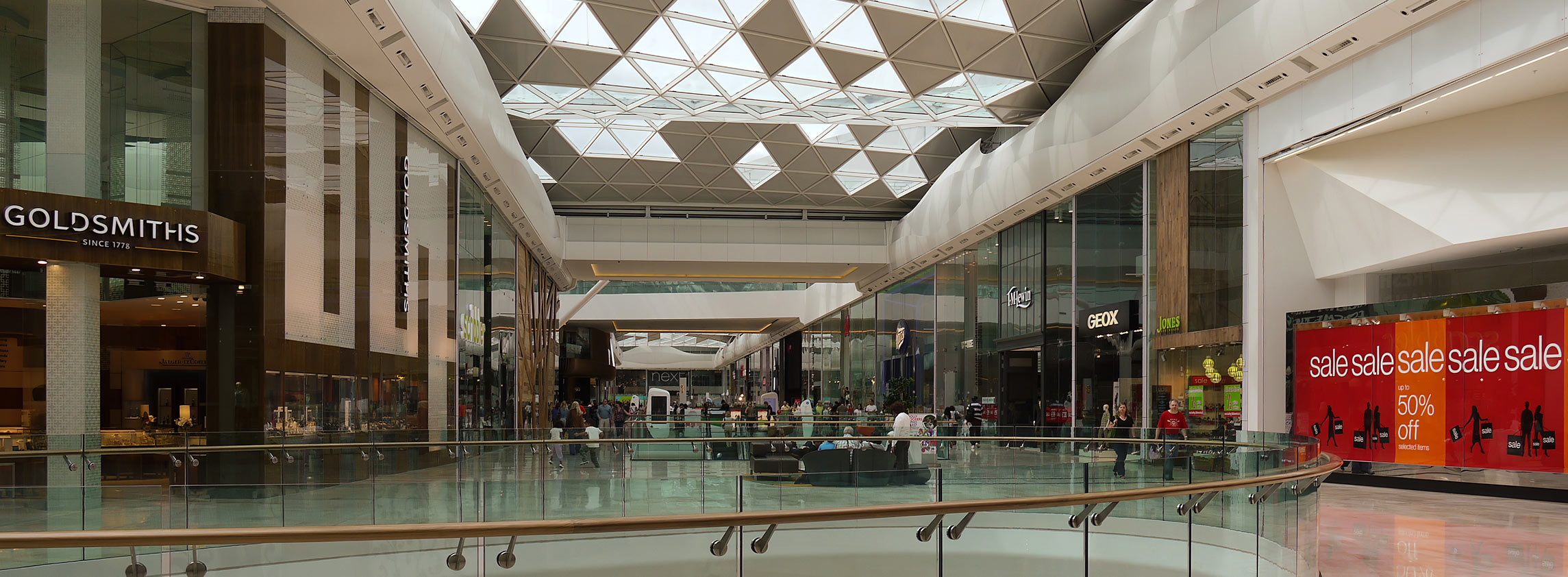It's not all bad news for the shopping centre investment market
The latest official data on the state of the consumer economy generally makes for pleasant reading. Monthly retail sales volumes in July rose 0.2%, following strong growth of 0.9% in June. This means that year-on-year retail sales growth is running at 3.3%, a very respectable level given the political confusion.
As ever, the latest retail sales data was buoyed up by strong growth in online sales (6.9% MoM), driven in part by sharp discounting, most notably on Amazon Prime Day. However, overall the tone remains surprisingly positive, driven by modest inflation and wage growth that is at its strongest level for 11 years.
There are undoubtedly risks that consumers could turn more cautious as Britain’s political crisis drags on, and it is important to note that the current levels of retail sales are being supported by near record low levels of saving, and comparatively high levels of unsecured borrowing. The last economic downturn shows us that an economic or political shock can translate almost immediately into a sharp rise in precautionary saving, and hence a fall in consumer spending and retail sales.
Recent retailer news has been mixed, ranging from Next reporting a rise in full-price sales to Mothercare blaming uncertainty and weak consumer confidence as reasons why it will not report a rise in annual profit.
A slight pick-up in investment activity in Q2 2019 is not enough to deliver a year-on-year increase
UK shopping centre transactions reached £295 million across eight deals in Q2 2019. Sixteen sales with a total value of £240 million were launched during the second quarter as stock starts to flow more freely.
The volumes recorded in Q2 2019 were slightly up on Q2 2018 levels which came in at £280 million. The total for the first half of 2019 came in at £567 million, significantly down on the £913 million traded over the same period in 2018.
The most significant transaction in the second quarter was the Kuwaiti Investment Office-backed Cale Street’s joint venture with intu on intu Derby in which Cale Street secured a 50% stake in the centre for £186.3 million. Local authorities completed four acquisitions in Q2 2019, all of which were in-borough. The largest was Medway Council’s purchase of the Pentagon Shopping Centre in Chatham for £34.5 million from Bridges Ventures. East Hampshire District Council acquired Rams Walk in Petersfield from M&G for £29.4 million.
In the first half of 2019, councils completed five acquisitions with a total of circa £92 million – a 16% share of H1 2019 volumes. This is despite May 2019 local elections disrupting (and, in some cases, derailing) other council-backed shopping centre acquisitions. Nonetheless, with Savills currently tracking at least five further ongoing council shopping centre acquisitions, we anticipate that local authorities will still come close to matching the £210 million spent on shopping centres during the course of 2018.
Whilst volumes remain depressed, during the course of the second quarter, stock started to flow more freely than we had seen recently with a number of new sales launched. In total, we are tracking 16 schemes that came to market this quarter, with a total value of £240 million. Noteworthy new stock includes Cerberus and Edinburgh House Estates’ Project Leopard portfolio of five, high-yielding regional schemes with an aggregate quoting price of £49 million. This same vendor has also brought Motherwell Shopping Centre, Motherwell to market (through Savills), quoting £35 million. Roubaix and Chenavari launched the sale of Market Gates, Lancaster for £18 million (7.50% NIY), whilst Tristan Capital and Ellandi also brought White River Place in St Austell to the market this quarter. Other new sales include Patrizia’s The Walnuts in Orpington (£35 million, 7.00% NIY), Aviva’s Swan Walk in Horsham (£20 million, 7.00% NIY), and The Kennet Centre in Newbury (£15 million). These latter three assets also comprise strategic town centre sites in desirable South East locations, each with varying degrees of redevelopment potential, and will comprise a good test for the depth of buyers seeking repurposing opportunities.
Lender pressure on sponsors is driving an increasing number of sales, in particular amongst those private equity houses that were active in 2013 to 2015. As with The Kennet Centre in Newbury, this will result in some sales but, in other cases, we are seeing lenders take ownership of assets in order to implement their own work-out strategy (often with a fresh asset management team).
Looking ahead, while the second quarter of the year has seen the market opening up slightly, it is the availability of debt that will play a key role in unblocking shopping centre investment with CVAs and Brexit in the background. Buyers are looking for 'disrupted' owners and banks for the source of their opportunities to acquire assets. Looking to the second half of the year, there is some catching up to do to rebalance from investment levels in H1 2019, but we believe a full-year total of circa £1 billion to be achievable.
